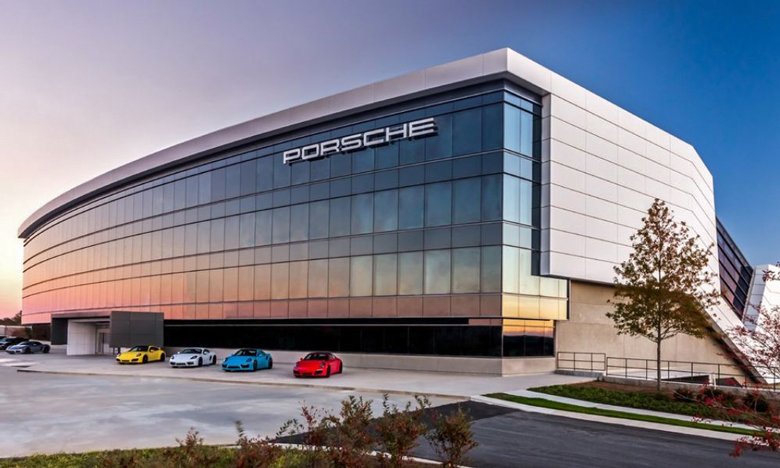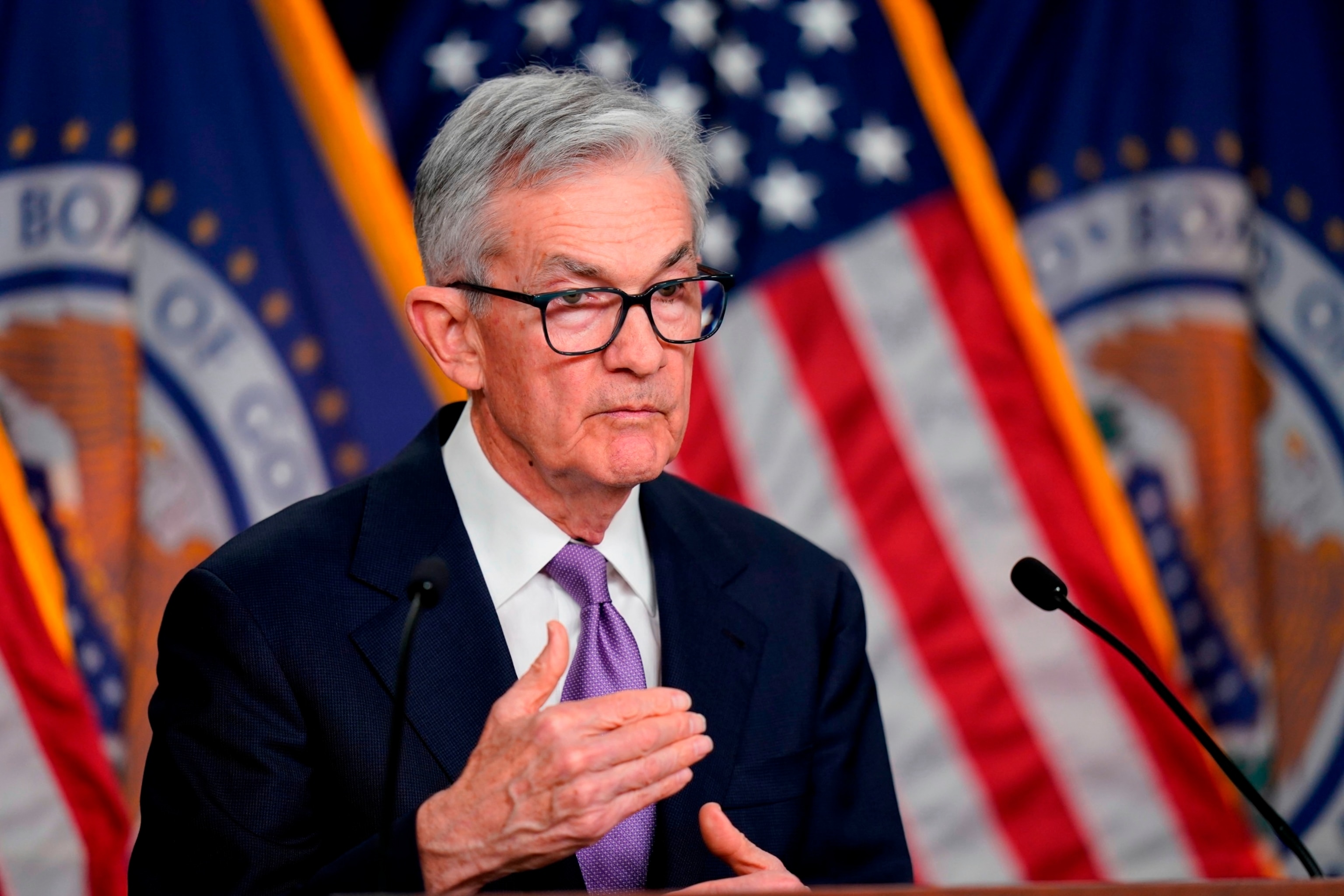Analyzing Market Share Losses: Why BMW And Porsche Are Struggling In China

Table of Contents
The Rise of Domestic Chinese Automakers
The Chinese automotive industry has undergone a remarkable transformation. No longer are domestic brands considered inferior; instead, they are rapidly gaining market share, particularly in the luxury segment. This rise is fueled by significant investments in research and development, leading to improved quality, innovative technology, and competitive pricing. Chinese luxury car brands like NIO, XPeng, and Li Auto are prime examples of this success.
- Strong government support: The Chinese government actively promotes the growth of domestic automakers through subsidies, tax breaks, and infrastructure development.
- Advanced technology integration: Chinese brands are integrating cutting-edge technology, including advanced driver-assistance systems (ADAS), impressive infotainment systems, and seamless connectivity, often exceeding what's offered by established international brands.
- Appealing designs tailored for Chinese preferences: These brands understand and cater to the specific aesthetic preferences of Chinese consumers, resulting in vehicles that resonate with the local market.
These factors have allowed domestic carmakers China to offer compelling alternatives to established players like BMW and Porsche, directly impacting their luxury car market share China. The combination of quality, technology, and price competitiveness has eroded the previously dominant position of German brands.
Shifting Consumer Preferences in China
The Chinese automotive landscape is rapidly evolving, driven by significant shifts in consumer preferences. One major factor is the burgeoning demand for electric vehicles China (EVs). While BMW and Porsche were initially slow to adapt to this trend, Chinese brands have embraced EVs wholeheartedly, capitalizing on the growing market. This highlights the importance of adapting to the rapid pace of technological change in this market.
- Growing demand for EVs: Chinese consumers, particularly younger generations, show a strong preference for electric vehicles, driven by environmental concerns and technological appeal.
- Importance of digital marketing: In China, digital channels are paramount. Successful brands excel at digital marketing China, leveraging social media, online reviews, and targeted advertising to reach consumers effectively.
- Preference for connected car technology: Chinese consumers highly value connected car features, demanding seamless integration with smartphones and other smart devices.
- Influence of social media: Online reviews and social media sentiment heavily influence purchasing decisions in China. Negative publicity can severely damage a brand's reputation.
This shift in preferences, coupled with the innovative marketing strategies employed by domestic brands, has significantly impacted the market share of German car brands China, including BMW and Porsche. The failure to fully embrace the EV market China initially has cost them dearly.
Economic Headwinds and Geopolitical Factors
The Chinese economy, while still robust, has experienced periods of slowdown in recent years. This has had a direct impact on luxury car sales, as consumers become more cautious with their spending. Furthermore, geopolitical tensions and trade uncertainties have added further complexities to the market.
- Economic slowdown impact: Periods of economic uncertainty directly affect sales of luxury goods, including high-end vehicles.
- Trade wars: Trade disputes and tariffs can significantly impact the cost and availability of imported vehicles.
- Supply chain disruptions China: Disruptions to global supply chains, particularly during the COVID-19 pandemic, have impacted production and delivery timelines.
- Regulatory hurdles: Navigating the regulatory landscape in China can be challenging for foreign automakers.
These geopolitical risks China have created an unstable environment, making it more difficult for brands like BMW and Porsche to maintain their market share and achieve consistent growth. The combination of economic downturn and supply chain issues has further weakened their position.
BMW and Porsche's Response Strategies
Faced with declining market share, BMW and Porsche have begun to implement strategies to regain lost ground. This includes a stronger focus on EVs, improved digital marketing, and greater localization efforts.
- New EV model launches: Both brands are now accelerating their EV launches, aiming to offer a wider range of competitive electric vehicles.
- Increased digital marketing investment: Both companies are investing more heavily in digital marketing China to better reach and engage Chinese consumers.
- Localization strategies: Adapting their products and marketing messages to better resonate with Chinese preferences is becoming more critical.
- Improved customer service: Providing excellent customer service is crucial to building brand loyalty and trust in the competitive Chinese market.
The effectiveness of these market recovery strategies remains to be seen. However, a continued and more aggressive adaptation to the unique characteristics of the China Auto Market is crucial for their future success. Analyzing the BMW strategy China and Porsche strategy China in the context of the wider competitive landscape will be critical to understanding their long-term prospects.
Conclusion
The decline in BMW China and Porsche China market share highlights the significant challenges faced by established luxury car brands in the rapidly evolving Chinese market. Increased competition from domestic brands offering competitive EVs, shifting consumer preferences towards digital experiences and electric mobility, and economic headwinds have all contributed to this decline. The importance of adapting to the ever-changing landscape, embracing localization strategies, and investing heavily in digital marketing cannot be overstated. Further research into the China Auto Market and the performance of other luxury car brands operating in China, focusing on these market share losses, is crucial for understanding the dynamics of this vital market. Analyzing the strategies employed by other successful international brands alongside the BMW China and Porsche China cases will provide invaluable insights into achieving long-term success in this competitive environment.

Featured Posts
-
 Why Powells Fed Risks Delaying Interest Rate Cuts An Analysis Of Trumps Influence
May 07, 2025
Why Powells Fed Risks Delaying Interest Rate Cuts An Analysis Of Trumps Influence
May 07, 2025 -
 Acelerando La Graduacion De Los Paises Menos Adelantados Un Analisis De La Ca
May 07, 2025
Acelerando La Graduacion De Los Paises Menos Adelantados Un Analisis De La Ca
May 07, 2025 -
 Cobra Kai Examining The Shows Connections To The Karate Kid Franchise
May 07, 2025
Cobra Kai Examining The Shows Connections To The Karate Kid Franchise
May 07, 2025 -
 Cleveland Cavaliers Extend Winning Streak To 16 Games Behind Evan Mobley
May 07, 2025
Cleveland Cavaliers Extend Winning Streak To 16 Games Behind Evan Mobley
May 07, 2025 -
 4 Nations Face Off Ovechkin And Orlov Enjoy Miami Break Spot Dolphins
May 07, 2025
4 Nations Face Off Ovechkin And Orlov Enjoy Miami Break Spot Dolphins
May 07, 2025
